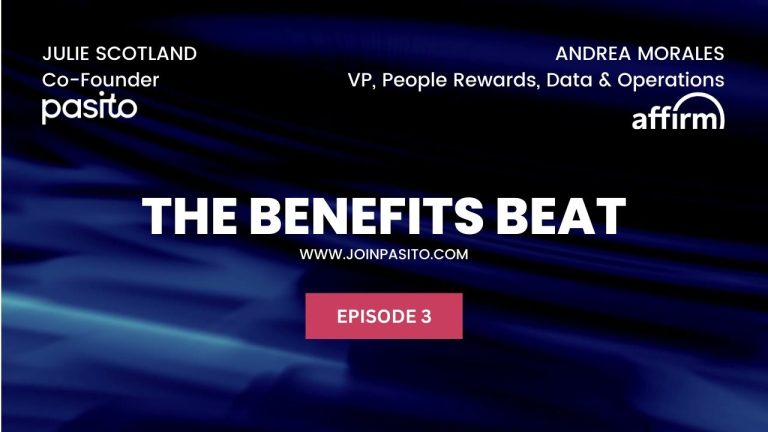In the absence of federal paid leave, some states and employers are committed to new parents by providing paid, extended maternity leave benefits. These paid benefits help meet the demands of starting a family.
Almost 20 years after the arrival of my first child, I researched FMLA and maternity leave benefits. The goal was to learn about the evolution of programs assisting working parents in balancing family and financial needs. I imagined that mothers (and fathers) today, twenty years after my own pregnancy, would have access to updated paid maternity leave benefits.
Surprisingly, I discovered not too much has changed. Most women working today continue to receive the same benefits I had access to. These benefits were available when I was expecting my daughter 17 years ago. Similarly, parents today still have access only to unpaid leave from work for 12 weeks. During this time they have continued health coverage and guaranteed job security.
Beyond FMLA, some states and employers provide additional maternity leave benefits. Today, six states and Washington, DC offer paid family leave programs. These programs provide pay while you take maternity leave. Changes may also be coming to maternity (and paternity) leave under the American Families Plan. This bill is currently under negotiation in Congress. In addition, companies are learning they need to offer better leave benefits to avoid turnover, which can be costly.
Federal workers receive paid maternity leave benefits
In October of 2020, Federal employees started to receive greater access to maternity leave benefits. The Federal Employee Paid Leave Act (FEPLA) is a national mandate for paid family leave for federal workers. Under FEPLA, federal employees are eligible for up to 12 weeks of paid parental leave for the birth, adoption, or fostering of a child. To be eligible for FEPLA, a federal employee must meet the same eligibility requirements as FMLA.
10 states provide paid maternity leave benefits
If you are lucky enough to live in one of these states, you may be eligible or may soon be eligible for continued pay during your maternity leave:
- California
- Colorado (starting Jan. 1, 2024)
- Connecticut (starting Jan. 1, 2022)
- D.C.
- Massachusetts
- New Jersey
- New York
- Oregon (starting Jan 1, 2023)
- Rhode Island
- Washington
The amount of time paid maternity leave benefits are allowed, varies widely by state. Some states also offer benefits while pregnant. For example, California offers Disability Insurance benefits for a normal pregnancy before your expected due date. You can also receive up to six weeks (for normal delivery) or eight weeks (for Cesarean section) of DI benefits after your delivery to recover from childbirth.
Some employers provide paid maternity leave benefits
A small percentage of American workers have access to paid maternity leave benefits through their employer. Unfortunately, most workers are forced to choose between time off and a paycheck. However, in recent years, some of the largest employers have set the example by implementing policies including extended, paid leave. Some companies have this benefit available regardless of gender. Leave time varies widely, with some companies offering up to one year of paid leave.
Access to extended paid parental leave lies at the discretion of each employer. Conditions may be required to qualify, such as tenure or salaried status. Additionally, many more distinctions exist between companies and what they offer new parents. When searching for employment, and planning to start a family, research your existing and potential employers’ maternity leave benefits to help you choose an employer committed to helping new parents.
A promising future
Today, as you piece together this patchwork of maternity leave benefits, know that things may improve before your next leave request. This is because for the first time in history, our President has proposed a federal paid leave program, and many activists believe the time is now. And we agree!
Before you go, if receiving proactive tax planning help from certified professionals at no cost to you is of interest, be sure to refer Pasito to your company. Pasito helps employees cut down on thousands of taxes annually through personalized financial and benefits guidance.
Disclaimer: We try our best to provide you helpful content. However, we do not offer financial, legal, or tax advice. Please speak with a professional about your personal situation.



